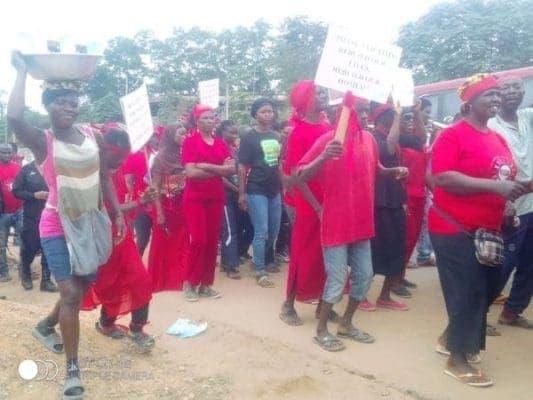Residents and Farmers Rally Against Massive SEDA Development Plan
Hundreds of residents, farmers, labor and environmental groups rallied in Fresno on November 12 to oppose the Southeast Development Area, a proposed 45,000 unit project on roughly 9,000 acres of prime farmland. The dispute centers on farmland loss, air quality and infrastructure costs that opponents say could saddle local governments and homeowners with large bills while doing little to revitalize the city core.

A broad coalition of community groups converged at Fresno City Hall on November 12 to protest the Southeast Development Area known as SEDA, a proposed plan that would place about 45,000 housing units on roughly 9,000 acres of largely productive agricultural land in southeast Fresno. Organizers said the project would consume prime farmland, worsen air quality for nearby neighborhoods and transfer massive infrastructure costs to the city and its residents.
City planning documents include a 124 page SEDA proposal and environmental analysis that outline the scope of the project and the city estimate that preparing the land could reach into the billions. Developers and city leaders have framed SEDA as a potential way to increase housing supply, while opponents dispute developer funding claims and question whether promised private investment will materialize. Farmers and immigrant landowners raised a related financial alarm, saying that connecting to city water and burying existing wells could cost individual households about $200,000.
Labor and community organizations joined farm advocates at the November 12 rally to emphasize intersecting concerns about jobs, living conditions and equity. Protesters argued that the development would perpetuate outward growth rather than direct investment toward Fresno’s urban core near the forthcoming high speed rail station. City leaders and some city council members have defended SEDA as a regional housing option, creating a split between officials focused on housing numbers and opponents emphasizing agricultural preservation and fiscal risk.
The project is proceeding through planning commission review with continued hearings scheduled, most recently set for November 19. Those hearings will be a critical procedural checkpoint for whether and how the project advances to the city council for final consideration. The planning process will also shape required environmental mitigations, infrastructure financing mechanisms and the degree of developer responsibility for off site impacts.
The stakes for Fresno residents are practical and long term. Loss of farmland would affect local food production and the agricultural economy that supports the county. Increased vehicle miles and construction on previously farmed land could exacerbate air quality problems that already affect vulnerable communities. The city faced potentially large upfront costs to bring sewers, roads and utilities to the SEDA footprint while opponents question the reliability of developer commitments to cover those costs.
As hearings continue, residents and officials will weigh competing priorities: expanding housing supply, protecting agricultural land, and managing fiscal risk for the city and taxpayers. The coming weeks of public hearings and staff analyses will determine whether SEDA moves forward in its current form, is scaled back, or is reshaped to address the concerns raised by farmers, labor and environmental advocates.


